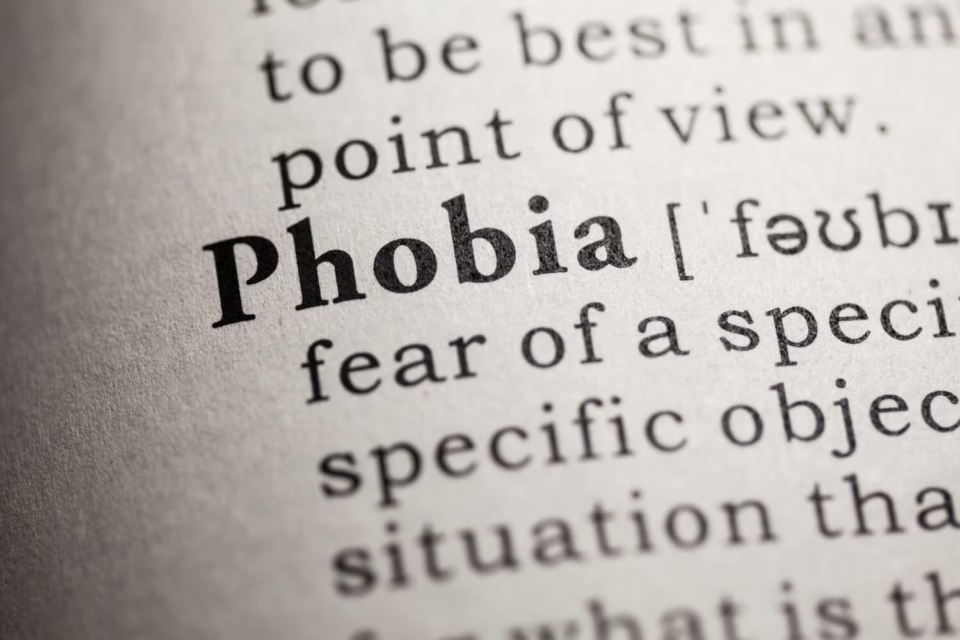By Cathy Mirembe
Phobias are intense, irrational fears that can significantly impact an individual’s quality of life. These anxiety disorders can manifest in various forms, affecting people from all walks of life
There are three primary types of phobias: specific phobias, social phobias and agoraphobia. Specific phobias involve an intense fear of specific objects or situations such as aerophobia ( fear of flying), arachnophobia (fear of spiders) ophidiophobia or ( fear of snakes). Social phobias involve a fear of social situations or being judged by others as seen in social anxiety disorder or fear of public speaking. Agoraphobia is characterized by a fear of being in crowds, public places or fear of leaving home.

The symptoms of phobias can vary in severity but often include excessive fear, avoidance behaviors, panic attacks and physical symptoms such as rapid heartbeat, sweating, trembling and nausea. These symptoms can be debilitating, affecting an individual’s daily life, relationships and overall well-being.
Research suggests that genetics, environmental factors and brain chemistry all play a role in the development of phobias. Family history and genetic predisposition can increase an individual’s likelihood of developing a phobia. Traumatic events, learned behaviors and cultural influences can also contribute to the development of phobias. Furthermore, imbalances in neurotransmitters such as serotonin and dopamine can affect mood regulation and contribute to the development of phobias.
Fortunately, there are various treatment options available for individuals struggling with phobias. Exposure therapy a type of cognitive behavioral therapy (CBT) involves gradual exposure to the feared object or situation. Medication such as antidepressants and beta blockers can help alleviate symptoms. Relaxation techniques including deep breathing, progressive muscle relaxation and visualization can help individuals manage anxiety and reduce symptoms.

In addition to seeking professional help, individuals can also take steps to manage their phobias. Joining a support group can provide a sense of community and connection with others who share similar experiences. Practicing self-help strategies such as challenging negative thoughts and engaging in exposure therapy can also be beneficial. Education is key; learning about phobias, there causes and treatment options can empower individuals to take control of their fears.
Phobias are complex anxiety disorders that can have a profound impact on an individual’s quality of life. By understanding the different types of phobias their symptoms, causes and treatment options we can better support those affected. With the right treatment and support, individuals can learn to manage their phobias and overcome their irrational fears.
Do you know your phobia?



